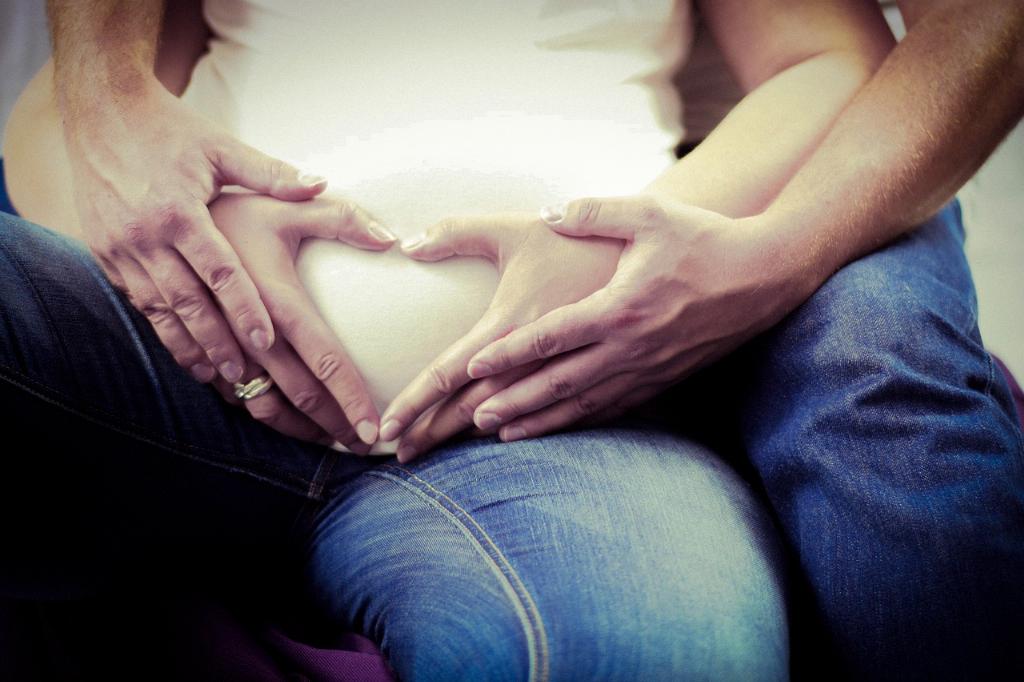When a young child gets pregnant, there are significant risks involved that can have serious consequences for both the mother and the baby. Adolescents who become pregnant are at a higher risk of complications compared to adult women in their 20s to 30s.
Physical Risks for Young Mothers
Young mothers face a higher risk of death and disease during pregnancy. Health issues such as bleeding, toxemia, hemorrhage, prolonged and difficult labor, severe anemia, and disability are more common in adolescents who are pregnant.
Emotional Challenges for Adolescent Mothers
Aside from the physical risks, young mothers also face emotional challenges. They may struggle with feelings of fear, anxiety, and uncertainty about their future. The pressure of motherhood at a young age can lead to mental health issues such as depression and stress.
Social Stigma Surrounding Teen Pregnancy
Teen pregnancy often carries a social stigma, causing young mothers to face judgment and criticism from their peers, family, and community. This can lead to feelings of isolation and shame, impacting the mother’s mental well-being.
Impact on Educational Opportunities
For young girls who become pregnant, there is a significant impact on their education. Many adolescent mothers may be forced to drop out of school due to the demands of raising a child, limiting their future career prospects and economic opportunities.
Financial Strain for Young Families
Teen pregnancy can also place a financial strain on young families. Adolescents may struggle to provide for themselves and their baby, leading to increased poverty and reliance on social welfare programs.
Risks for the Baby
Babies born to young mothers are at a higher risk of premature birth, low birth weight, and developmental delays. The infant may also face health complications due to the mother’s inadequate prenatal care and nutritional deficiencies.
Parenting Challenges for Teen Mothers
Adolescent mothers may lack the necessary parenting skills and support systems to raise a child effectively. They may face challenges in providing a stable and nurturing environment for their baby, impacting the child’s development.
Health and Well-being of the Mother
Young mothers may experience long-term health consequences due to early pregnancy, including increased risk of chronic conditions such as diabetes and hypertension. The stress of parenting at a young age can also affect the mother’s overall well-being.
Peer Relationships and Social Isolation
Teen mothers may struggle to maintain their peer relationships, as their focus shifts towards caring for their baby. This can lead to feelings of social isolation and loneliness, further impacting the mother’s mental health.
Importance of Support for Young Mothers
It is crucial to provide young mothers with adequate support and resources to help them navigate the challenges of early pregnancy. Access to healthcare, education, counseling, and community services can make a significant difference in improving outcomes for adolescent mothers and their babies.
Conclusion
In conclusion, early pregnancy in young children poses significant risks and challenges for both the mother and the baby. By understanding these risks and providing support to adolescent mothers, we can work towards improving the health and well-being of young families and breaking the cycle of teen pregnancy.

